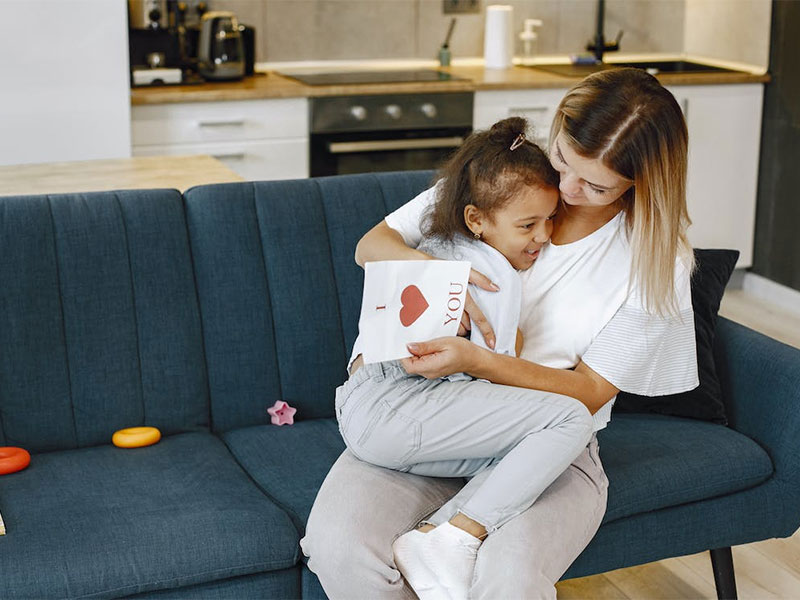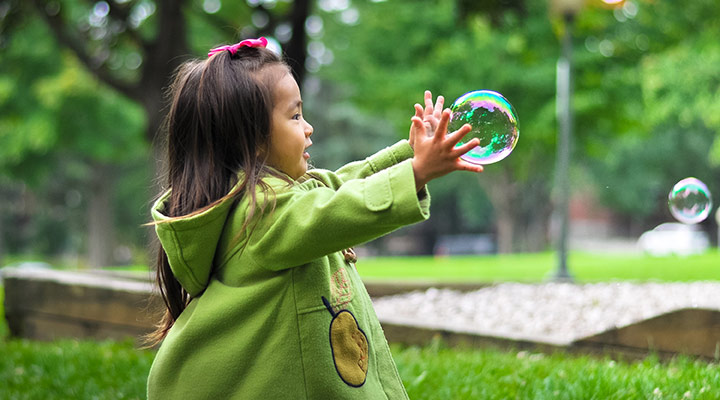As our thoughts turn to thankfulness this month, what an excellent time to do some soul-searching about how grateful we truly are—and how well we do expressing it! Research shows that thankful people are generally happier and experience more positive emotions than those who are not.
Foster parents have a very special opportunity to demonstrate a spirit of gratefulness in front of children and teens who have experienced heartbreaking trauma and hardships. Imagine the far-reaching effects of instilling an attitude of gratitude in these precious kids entrusted to us for a season!
Simply Say Thank You
If you’re not already in the habit of thanking those around you, now is a great time to start. Acknowledge your neighbor for taking the time to tell you about an important neighborhood activity coming up. Say “thank you” to a friend who compliments your new shoes. Most importantly, look for reasons to express appreciation to your foster child—for completing a chore, for drawing you a picture, for showing kindness to a sibling, and the list goes on. There are so many moments we can “seize the day” and communicate gratitude.
Encourage A Thankful Mindset
If your foster child gets an A on their math test, encourage them to thank the people who helped them, such as a teacher or math tutor they’ve worked with. Suggest they say “thank you” in person, send an email, or write a personal note. What an excellent way to teach children good manners and to help them see how good it feels to express gratitude in natural ways.
Practice Gratitude Daily
Invite the family to go around the dinner table and play High/Low—each person identifying something they’re grateful for that day, as well as something that was difficult. Starting with the positive part of their day can help to set things off on the right foot. Do your best to focus attention on the positive events of the day. Encourage your family to get into the habit of expressing gratitude—and to cultivate an “eye” for positive, uplifting experiences and emotions.
Reward Positive Behavior
If your foster child expresses gratitude without your prompting, praise them for doing so. Tell them that it was thoughtful for them to acknowledge the other person. You can also reward them with extra screen time, a special dessert, or reading them an extra book at bedtime. Shows them that you value gratitude and that you noticed the effort they put forth to express it.
Engage In Activities That Promote Being Thankful
There are many fun activities you can do while foster parenting to help children express gratitude. For example, encourage them to use a poster board to post pictures of objects, hobbies, pets, and people they appreciate. You might want to keep a gratitude journal—write a new daily log stating what you are thankful for that day. Plan on writing three positive events from the day (no matter how big or small). As you share your daily journal with your foster kids, guide your foster child to consider creating their own journal to help their own gratitude flourish.
Developing an attitude of gratitude is not difficult; it’s all about adjusting your mindset. Set aside a few minutes every day to show thankfulness toward your loved ones. Remember to acknowledge those who do something nice for you. Be sure to find reasons to express gratitude to your foster child every day—even through the tough times.














